- ChargerHelp! offers EV charger maintenance plans and trains EV charger maintenance and repair technicians.
- It helped create the role of EV charger maintenance technician and worked with SAE International to codify it.
- ChargerHelp! focuses on working with communities of color through workforce development programs.
Worrying about EV chargers’ reliability is a major barrier to wider EV adoption. An innovative Los Angeles startup is helping to alleviate that worry by offering an EV charger repair insurance plan of sorts. The company, ChargerHelp!, is also growing the number of certified EV charger maintenance and repair technicians and making the industry more equitable in the process.
ADVERTISEMENT
“The work that we are doing is meant to encourage wider adoption of EVs by providing a consistent charging experience,” Maricela McKenzie, ChargerHelp’s SVP of Sales, told Electrify News in an interview.
ChargerHelp! calls itself “the first company exclusively dedicated to EVSE Operations and Maintenance.” Its customers include utilities, EV manufacturers, electric charging infrastructure manufacturers, network operators, installers, and resellers.
All of the customers “care about uptime,” McKenzie said. It is especially important, however, for those that have received government NEVI funding, which requires 97% uptime for chargers. “Those companies have to prove they have a plan and show reporting” on charger reliability, she said.
Reliability as a Service


Images care of ChargerHelp!
That’s where ChargerHelp! comes in. It sells a subscription to “Reliability as a Service” (RAAS), which for an annual fee provides EV charger maintenance by certified EVSE technicians.
Under the RAAS model, when a charger is broken, ChargerHelp! receives a notice. Its “reliability manager” looks at the codes being generated by the charger. Based on data from more than 20,000 EV charger maintenance interactions in the field, ChargerHelp! pinpoints what the most likely problem is. That mass of data speeds up diagnosis, McKenzie said.
“Our job is to enhance reliability through data,” she said. “We collect and aggregate the data and that helps us discover how to best find the solution.”
If the EV charger problem can’t be fixed remotely, ChargerHelp! can “narrow it down and send out a technician.”
ADVERTISEMENT
EV Charging in Public and Private

ChargerHelp! is EV charger agnostic, working with charger makers and operators and with public and private networks. While public networks tend to get more press, a growing number of private entities, including commercial real estate properties, are adding EV charging to attract both employees and customers.
Ensuring those chargers are in good operating condition can be a hassle.
“It turns out that owning an EV charging station out in front of their building is a really big burden,” McKenzie said.
Having EV chargers that don’t work can also be bad for a company’s image. ChargerHelp! can provide “peace of mind” for those charge point operators and hosts, McKenzie said.
Current clients include EVConnect, ChargeNet, Shell Recharge, Rivian, Duke Energy, LADWP, and Tritium.
Why Are So Many EV Chargers Broken?
Being an EV technician frequently doesn’t mean carrying tools around to fix a broken charge post. The EV charger hardware often isn’t physically broken, per se. Many EV charging problems arise from software interoperability issues — a communication problem between the EV and the charger.
If a problem can’t be fixed remotely, a technician in the field can often repair a charger using software on a tablet.
ADVERTISEMENT
Creating an EV Charger Maintenance Curriculum
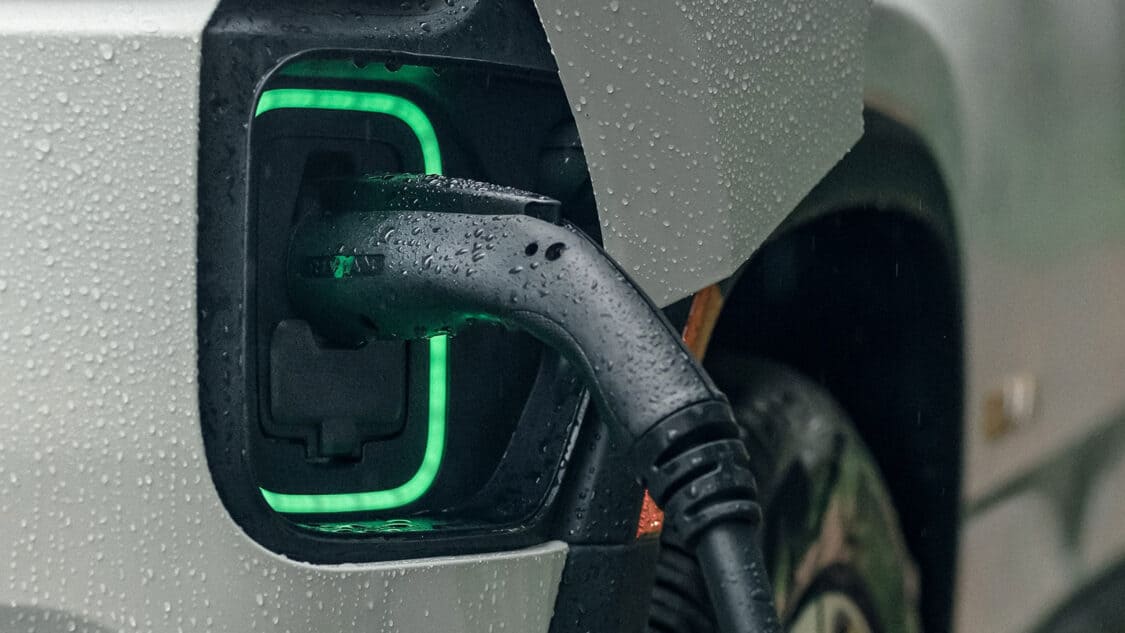
When ChargerHelp! entered the electric charger maintenance business, “the role of EV charger technician did not exist,” McKenzie said. “We had to kind of create it.” That meant developing a training curriculum.
It starts with learning EV fundamentals including “a lot of safety training,” McKenzie said. Training also includes some “soft skills,” she added. The hands-on training includes both learning to read codes and taking EV chargers apart.
ChargerHelp’s training program was so successful that it worked with charging station manufacturers and the SAE International to develop a standardized EV charger technician certification test that the SAE will soon launch.
Among other contributions, ChargerHelp’s SVP of learning and development “really knows how to teach adults,” McKenzie said. “Our program comes from how to teach adults and how to reskill them.”
Equity and EV Charging Infrastructure
The emerging field of EV charger technician is a “super exciting field to be in, [and] plenty of folks want to do it,” she said. It doesn’t necessarily require a technical background.
To find candidates, ChargerHelp! works with workforce development agencies, so far in Detroit, Atlanta, and Los Angeles. “We really want to help and give back to those communities and give jobs to those communities,” McKenzie said.
It has trained around 1,000 technicians so far. Most have gone to work for other companies; ChargerHelp! itself has around 50 employees.

ChargerHelp’s two founders are Black women, and the company has a very diverse workforce, said McKenzie, who is a Latina. “Communities of color are a focus for us,” she said.
Having that kind of diverse representation not only brings in different lived experiences and makes for insightful conversations, it can be an inspiration for others thinking of entering the field, McKenzie said.
“If you are entering an industry that is just emerging and you see people who look like you, you think ‘hey I can do that,’” she said.
ADVERTISEMENT

FEATURE IMAGE: LEE ROSARIO
FTC: We use income-earning auto affiliate links. Learn more.














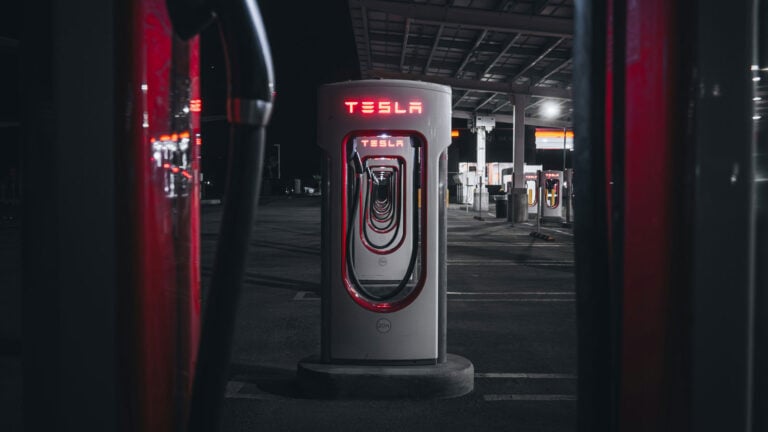
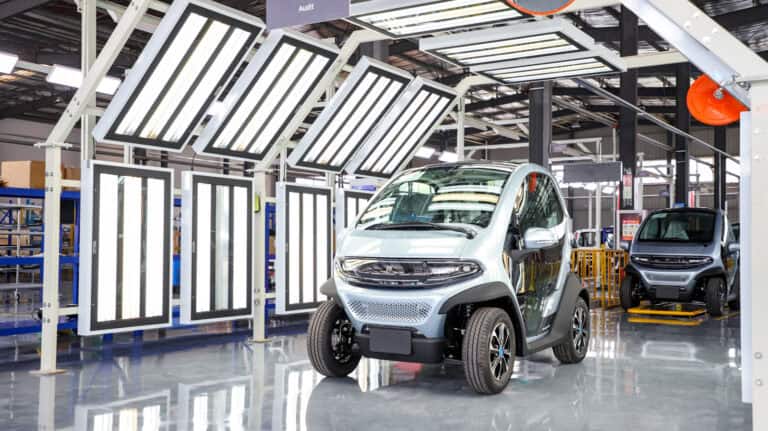











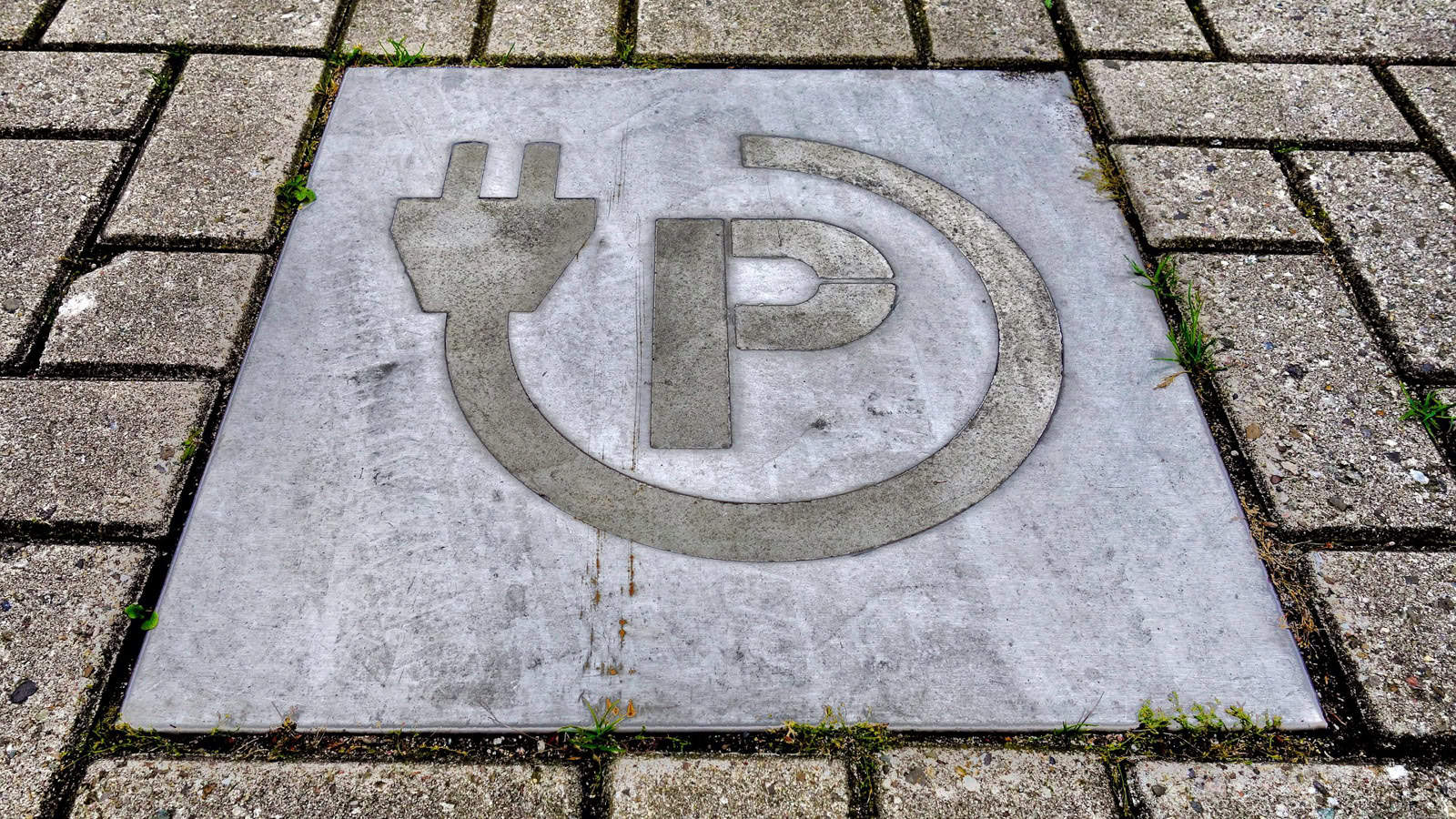
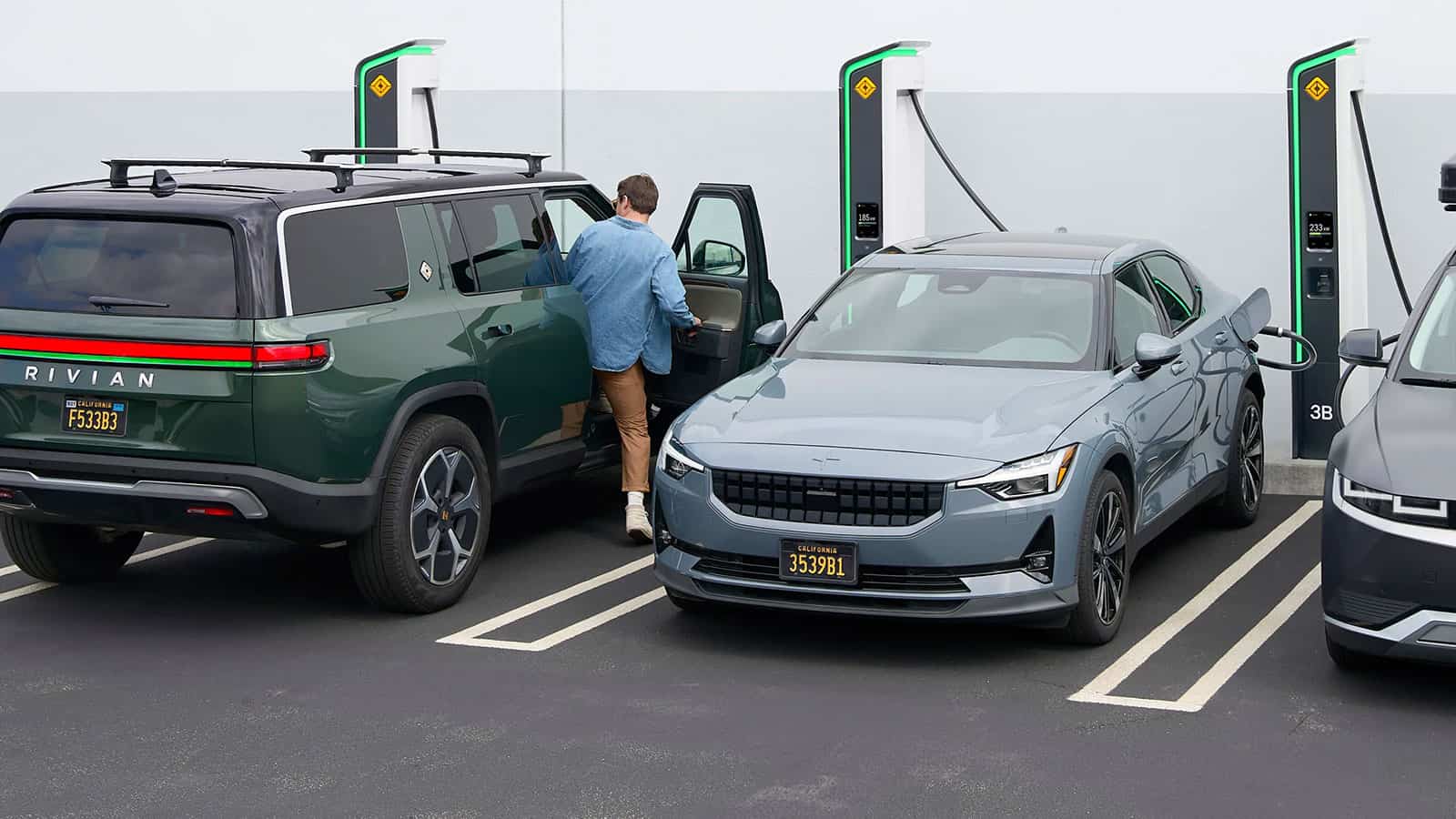
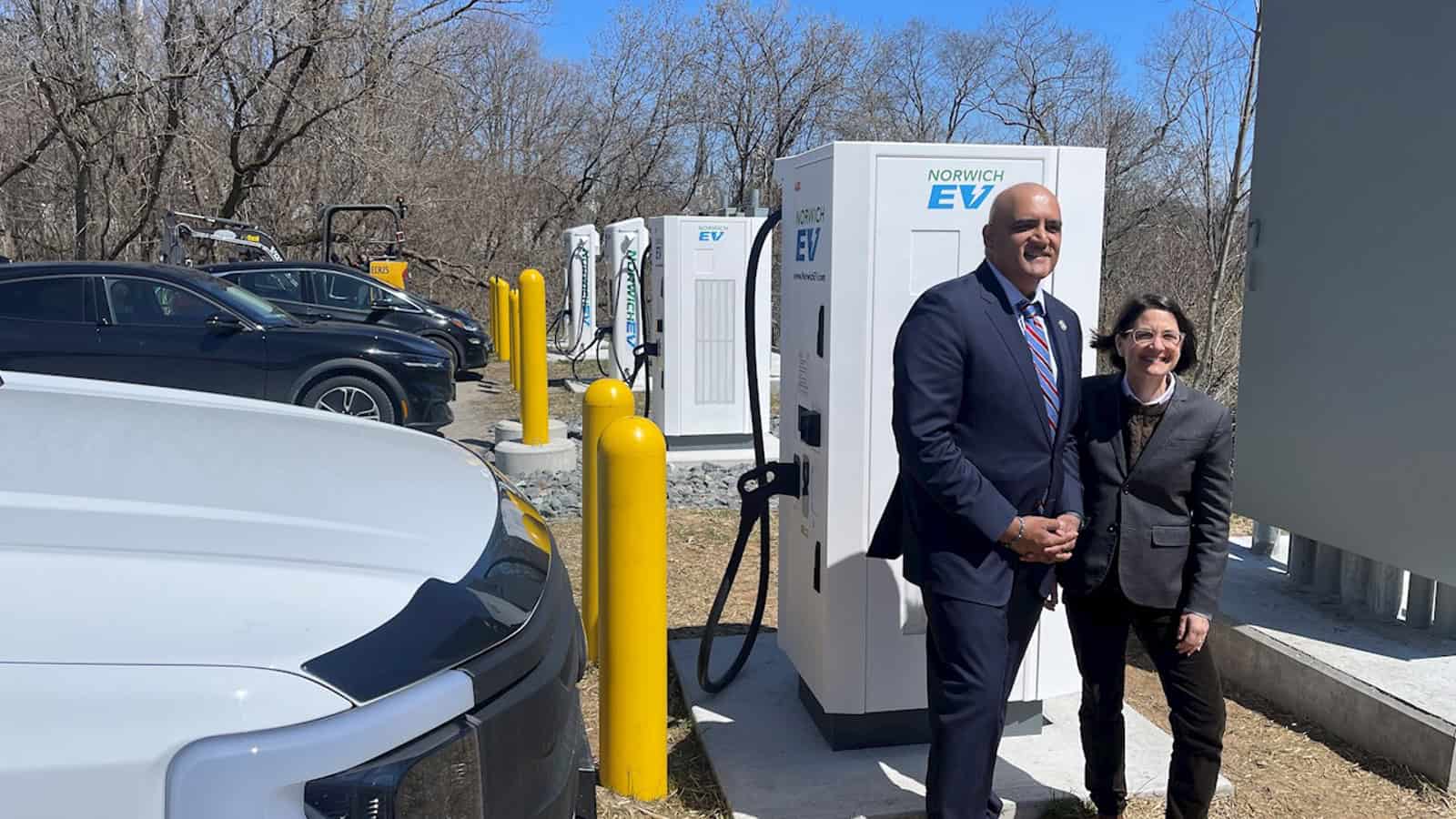
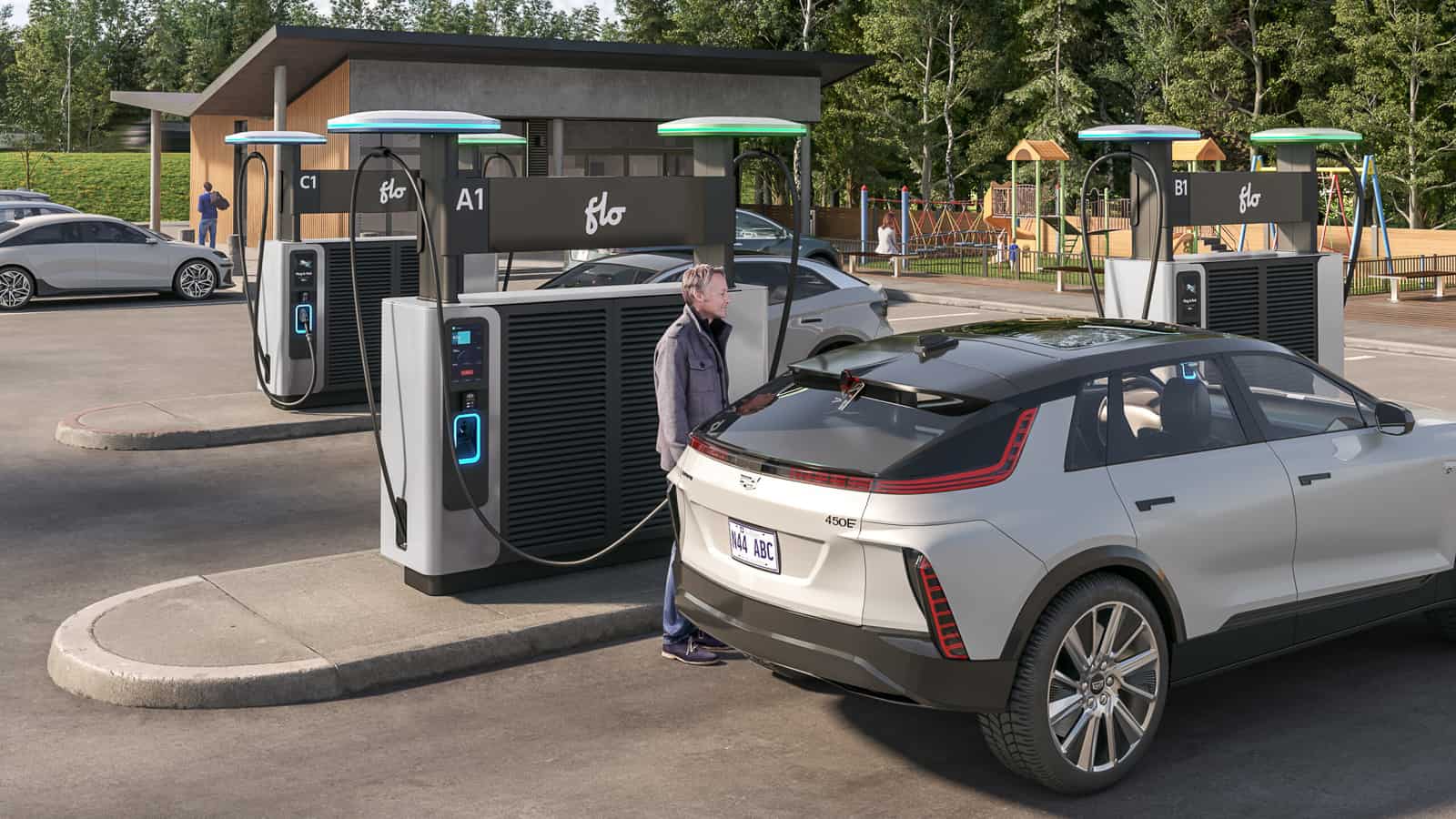
One Response
Alysha,
Here is that pesky “InterOperability” issue again. Guess it is a bigger issue than you thought.
“Many EV charging problems arise from software interoperability issues — a communication problem between the EV and the charger.”